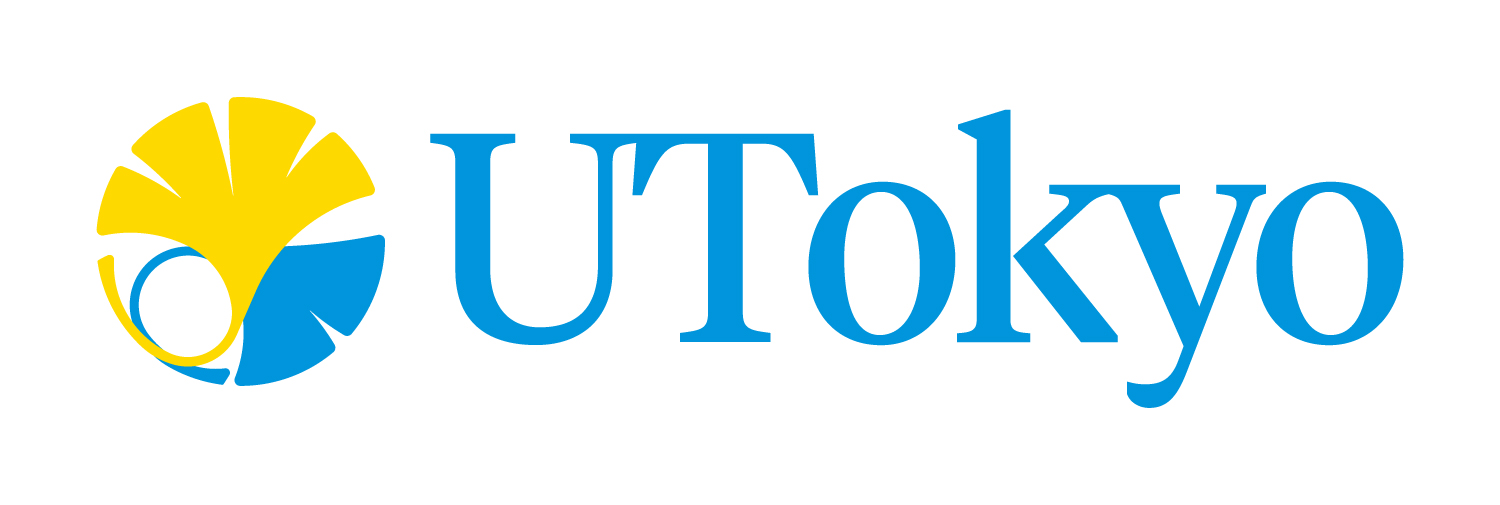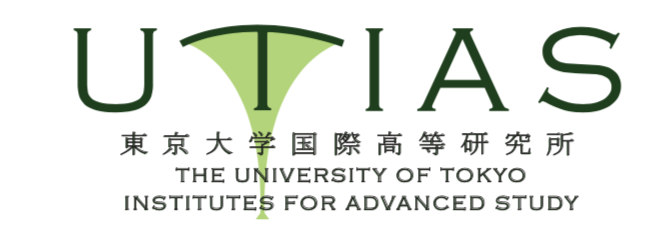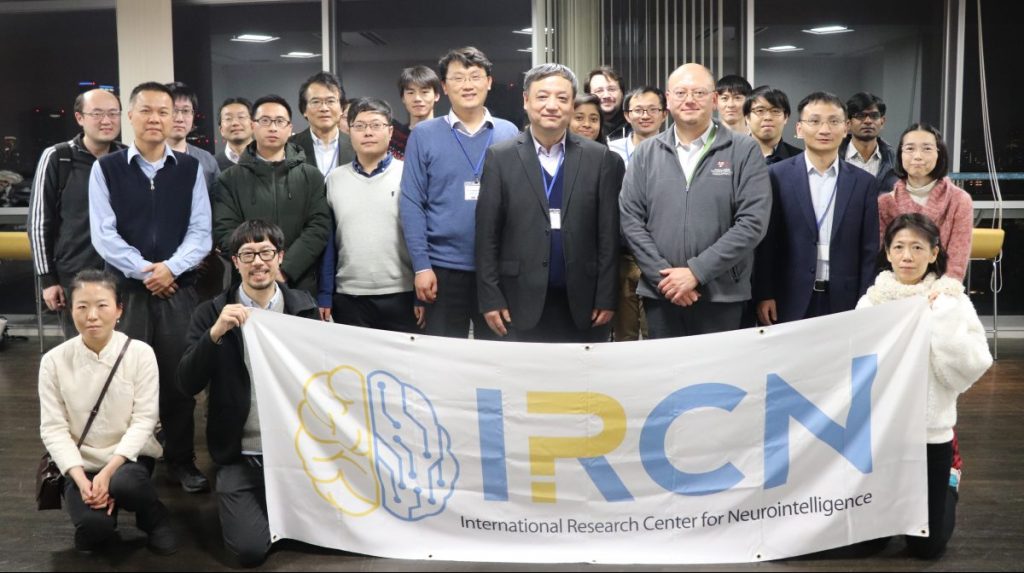
The second workshop between the Tsinghua University Institute for Artificial Intelligence (THUAI) and IRCN was held in Tokyo on December 21, 2019. Organized by Zenas Chao (IRCN) and Xiaoyan Zhu (THUAI), with support from the IRCN staff and generous financial sponsorship by The University of Tokyo Global Strategic Partnerships Program. Following a recent visit by an IRCN delegation to Tsinghua University in May 2019, the meeting covered frontier research efforts from both organizations to solve the mysteries of intelligence.
The goal of the workshop was to understand the knowledge gap between artificial and human intelligence, and to explore how collaboration between THUAI and IRCN might help to bridge this gap. AI and machine learning researchers presented state-of-the-art work ranging from natural language processing, robotic control, disease diagnosis, and even fashion design, and challenges of implementing knowledge understanding and rule learning for a better AI.
Brain-inspired machine learning with spiking neural networks were demonstrated that could implement parallel, sparse, and analog computation to achieve robustness, versatility, and energy efficiency. THUAI researchers showcased their newly-developed Tianjic chip, which integrates artificial neural networks and neuroscience-inspired algorithms. Neuroscience and computational neuroscience researchers in turn presented neural evidence for reinforcement learning, predictive coding, and accuracy and tolerance in neural information processing, and discussed what further research could help to identify the missing elements to improve AI.
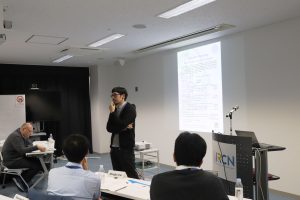
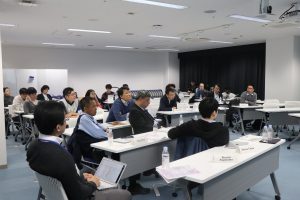
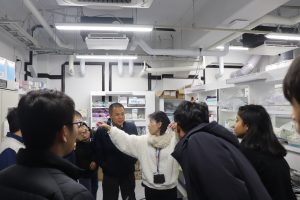
There was diverse attendance not only by the computer scientists and neuroscientists from THUAI and IRCN, but also researchers and students from other departments in UTokyo, such as aerospace engineering, mechanical engineering, and mathematics. Participants could freely interact during the discussion sessions, coffee breaks, meals, and tours of IRCN laboratories and core facilities. The workshop was another step toward a fruitful research collaboration between computer scientists and neuroscientists from THUAI and IRCN.
